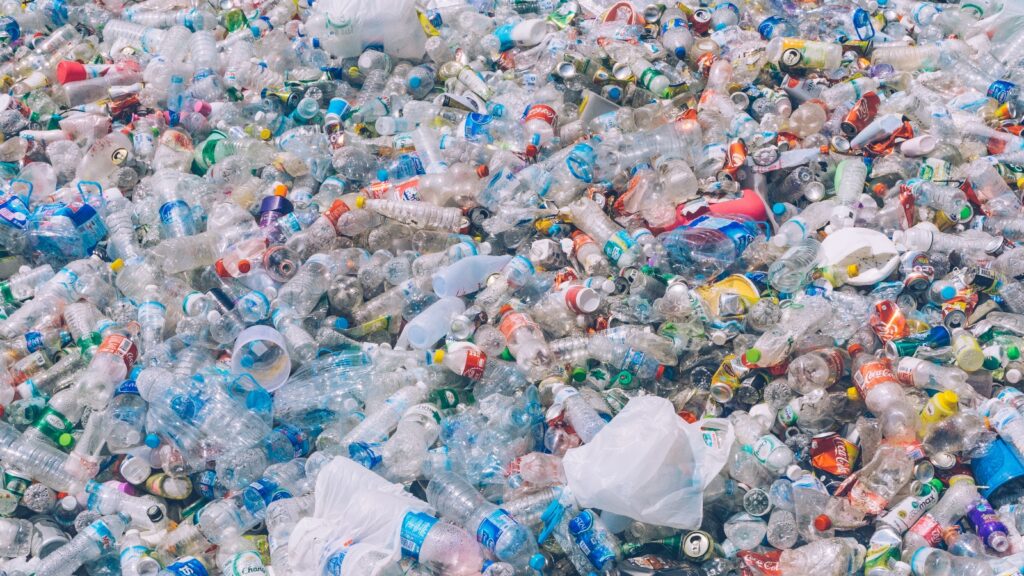Nearly 100 billion pieces of plastic packaging are thrown away in the UK every year, according to a new survey.
Earlier this year, Greenpeace launched its Big Plastic Count. For one week in May, the environmental nonprofit asked almost 250,000 people to record how much plastic packaging they disposed of in the bin or put out for recycling.
According to the findings, almost 6.5 million pieces of plastic were thrown away in one week. Most of it was food or drink packaging. This adds up to 88 percent of all household waste heading to the landfill or the incinerator. Only 12 percent is recycled.
According to Greenpeace, more than 60 percent of plastic in the survey was either not collected at all or not collected properly by local authorities.
The nonprofit’s report reads: “These figures paint a dire picture of the UK’s plastic use and waste management systems.”
“This is a turning point for plastics in Britain,” it continues. “More people than ever are aware of the scale of the problem and they want to see change.”
Greenpeace is now calling on the UK government to cut single-use plastic production in half by 2025, and set a target to almost entirely eliminate it for good. Among other demands, it also requests that the government stop exporting its plastic waste problem overseas.
According to Basel Action Network, the UK exported 467,000 tonnes of plastic last year.
To encourage the government to take action, you can sign Greenpeace’s petition here.
Fishing and plastic pollution
It’s not just food and drink packaging that contributes to the plastic waste crisis.
In 2020, a WWF report found that at least 10 percent of marine litter comes from the fishing industry. Nearly 30 percent of all fishing lines are lost in the ocean every year.
These pose a huge threat to wildlife, as they entangle and injure species as they continue to float through the water.
WWF’s director general Marco Lambertini said at the time: “While the consequences of plastic waste are finally starting to receive the attention they deserve, there’s still too little awareness about the catastrophic harm caused by ghost gear.”






